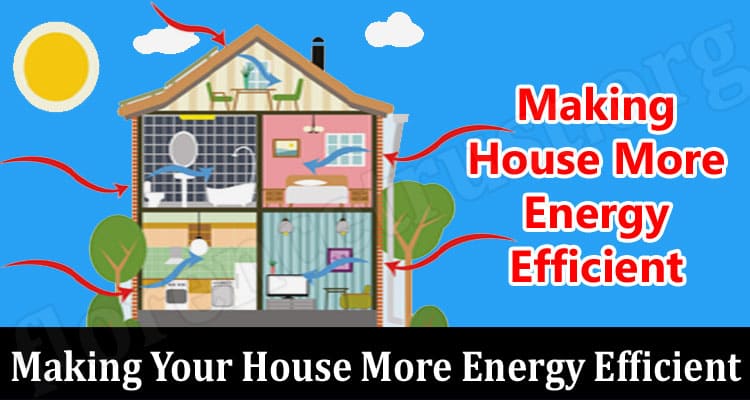Making your house more energy efficient brings many benefits. You’ll be able to enjoy lower energy bills and you’ll be able to heat your home at a quicker pace. Plus, it’ll help lower your environmental impact too. But how can you achieve this? Below, we explore how you can make your house more energy efficient.
The energy price hike
Making your home energy efficient is particularly important given the energy price hike. The average household was paying 1971 for their energy bill on August 9th, but that figure will rise to 4266 by January 2023. This will stretch many families to the limit, given that inflation has also reached a 40-year high. In some states in the US like Texas, where the energy market is also deregulated, consumers have been exercising the power to choose electricity plans texas in order to get the best energy deals. As such, it’s more important than ever before to run an energy-efficient home. And by adding insulation with a little help from some specialist Milwaukee power tools, you can prepare for this difficult winter.
Wall insulation
Uninsulated homes lose a significant amount of heat through the walls. The quality of your walls will largely depend on when your home was built. If it was over 100 years ago, your home will have study walls that might only require some small upgrades. However, a home that was built before 1990 but in the last 100 years will likely have wall cavities that require comprehensive insulation. If your home was built since 1990, you probably won’t need to add wall insulation.
Roof insulation
Many detached homes lose a significant amount of energy through the roof. Your roof will often be overlooked as it isn’t a living space usually, but it can benefit from insulation. Pitched roofs can be insulated with various loft insulation solutions, while flat roofs can be insulated as a warm deck.
Upgrade windows and doors
Windows and doors can lose heat and lead to drafts that cool down your home significantly. Instead, you should make changes to ensure that your windows and doors are capable of retaining heat. For a start, you should install double or triple-glazed windows to prevent heat loss. At the same time, you can prevent doors from losing heat by adding heavy curtains or through sweeps under the door.
Floor insulation
It’s common to lose heat through the floor too. This is mainly applicable to basement floors rather than upstairs floors. By layering insulation on top of solid floors, you can ensure that your energy isn’t escaping through the foundations of your home.
Making your house more energy efficient is a no-brainer. You’ll find it easier to heat and cool your home as a result. And by following the guide above, you should be all set to make the changes you need.
Also Read – Calculating Cap Rate Using Cap Rate Calculator- Read


